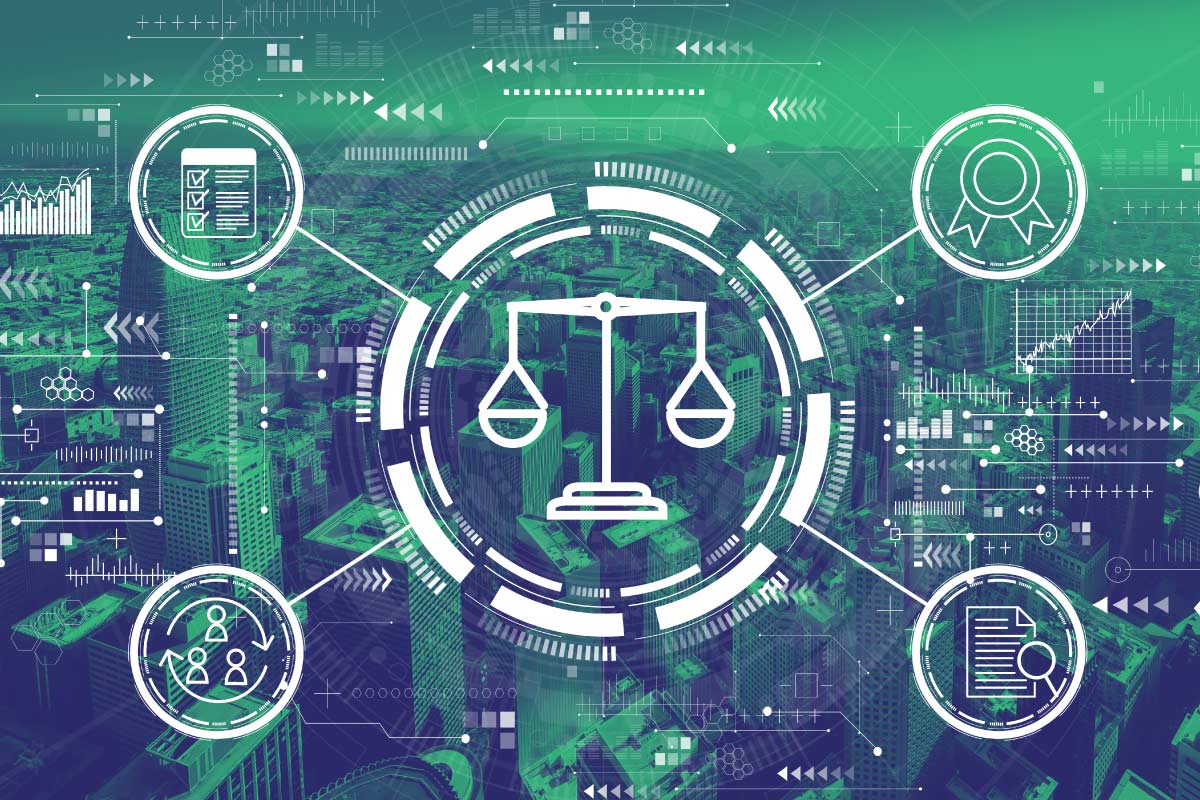A
rtificial intelligence is transforming various aspects of the real estate industry, including property management and brokerage. Real estate legal teams are also considering AI to streamline workflows, potentially reshaping how companies manage legal tasks such as drafting contracts and analyzing complex documents. AI tools focus on contract drafting, document review, and compliance, enabling them to quickly identify critical terms, risks, and areas for improvement.
According to a survey by LegalOn Technologies, nearly half of legal professionals spend three hours or more reviewing a single contract, leading many in-house counsel to evaluate whether AI contract tools can improve their redlining work. While AI adoption is still in its infancy, with only eight percent of organizations currently using AI, the technology holds great promise for mitigating contract review challenges.
However, widespread limitations in AI use in legal work remain, including errors and hallucinations produced by large language models. Stanford University research revealed that AI models produce faulty information up to 88 percent of the time when queried about a legal matter. Despite these challenges, AI can be focused on specific contract clauses and analyze individual documents, making it easier for lawyers to validate the work.
AI holds great promise in record reviews as well, with researchers using an open AI model to sift through Santa Clara County's 84 million pages of property records in mere days. This example illustrates AI's ability to work 24/7 and analyze documents quickly and consistently, allowing real estate teams to complete legal reviews much faster.
Automating routine tasks like contract drafting and document review may significantly lower legal costs, enabling legal professionals to dedicate more time to high-value tasks. However, AI's lack of human intuition limits its capabilities, particularly in complex legal language and industry-specific terms. Training AI to recognize these specifics requires time and customization, adding complexity to implementation.
Using AI for sensitive data like legal contracts also raises security concerns, including data breaches that could expose confidential information about clients, properties, and deals. Firms must carefully evaluate the security protocols of AI providers to protect this information and invest in vigorous cybersecurity measures.
To maximize the reliability of AI-driven insights, ensuring high-quality, relevant training data is essential. Maintaining high standards requires a blend of AI and human oversight, with regular audits of AI-reviewed contracts ensuring accuracy. This hybrid approach combines the strengths of both AI and human expertise, allowing teams to leverage AI without compromising on quality.
Ultimately, AI will likely be a collaborator, not a replacement, for legal professionals. Firms can use AI to support their teams, handling routine tasks while allowing humans to tackle complex issues that require judgment and intuition. Staying informed on AI-related regulations is also essential for compliance, as firms must regularly monitor policy changes to adapt practices and ensure the company remains compliant as AI laws evolve.














